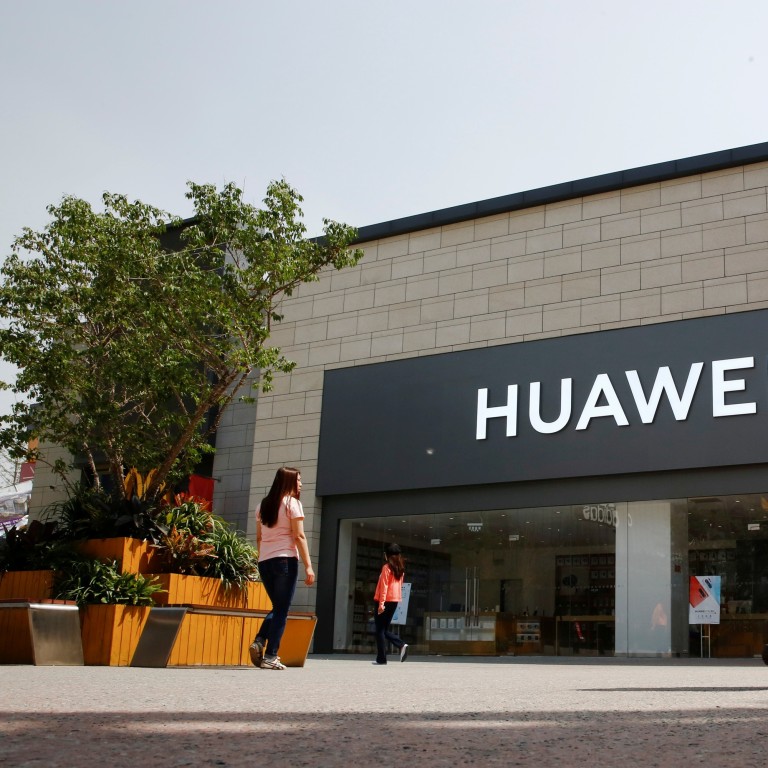
Google confirms that its app store will continue to function for existing Huawei device users
- Google’s statement follows a Reuters report that the US internet giant had halted business that involves transfer of hardware, software and tech services to Huawei
- Huawei has said it has developed a ‘plan B’, should US restrictions jeopardise its business relationship with Google
The blacklisting of Huawei by the Trump administration means that the Chinese telecoms giant could lose access to Google's Android services in future, although Google has confirmed that its Google Play app store will continue to function for existing Huawei device users.
Huawei Technologies and over 70 affiliates were added to the US Commerce Department’s Entity List last week on national security grounds, restricting the company from buying parts and components from US companies without government approval.
“We are complying with the order and reviewing the implications,” said a Google spokeswoman.
“For users of our services, Google Play and the security protections from Google Play Protect will continue to function on existing Huawei devices.” without elaborating on what it means for new Huawei products.
Google’s statement follows a Reuters report on Monday that the US internet giant had halted business that requires the transfer of hardware, software and technical services to the Shenzhen-based firm, currently the world’s second-largest smartphone supplier behind Samsung and reliant on Google’s Android operating system.
Google’s full compliance with the US order could mean that future Huawei devices will lose access to Google services including the Google Play app store, as well as popular apps such as Gmail and YouTube.
Huawei would only be able to access the company’s open-source licence for the Android operating system, but this system excludes many of Google’s own services.
Android is an open source operating system for mobile devices led by Google — but using this does not automatically give Huawei devices access to Google apps and services.
“This looks like the worst nightmare a company could imagine in having its supply chain disrupted,” said Kiranjeet Kaur, senior research manager at IDC Asia-Pacific.
“Huawei can still go on [with open-source Android] and build its own apps and services on top of it but that's not going to happen overnight.”
Kaur added that Huawei had been gaining volume across many countries with its flagship models, the Nova series and Honor phones, but that demand for these devices would decline if Google services are not available on Huawei's future products.
Huawei has said previously that it has developed a proprietary operating system for smartphones and computers as a “plan B”, should US restrictions jeopardise its business relationship with Google.
US may scale back restrictions on Huawei after adding it to trade blacklist
Huawei now finds itself in a similar situation to that of rival ZTE last year, which faced a nearly 3-month ban from doing business with US companies after it was found to have breached terms of a US sanctions settlement.
ZTE’s reliance on US components meant that operations virtually ground to a halt.
On Friday, the US Commerce Department said it may ease some restrictions on Huawei by issuing a temporary, 90-day general licence that gives companies time to ensure that their communications networks and equipment are operating reliably.

